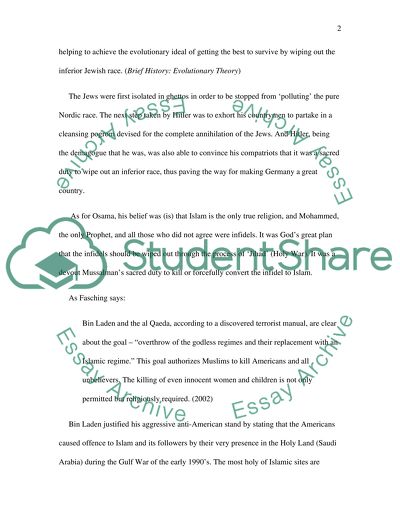Cite this document
(“Gandhi's ethic of nonviolent civil disobedience Essay”, n.d.)
Gandhi's ethic of nonviolent civil disobedience Essay. Retrieved from https://studentshare.org/philosophy/1506867-gandhis-ethic-of-nonviolent-civil-disobedience
Gandhi's ethic of nonviolent civil disobedience Essay. Retrieved from https://studentshare.org/philosophy/1506867-gandhis-ethic-of-nonviolent-civil-disobedience
(Gandhi'S Ethic of Nonviolent Civil Disobedience Essay)
Gandhi'S Ethic of Nonviolent Civil Disobedience Essay. https://studentshare.org/philosophy/1506867-gandhis-ethic-of-nonviolent-civil-disobedience.
Gandhi'S Ethic of Nonviolent Civil Disobedience Essay. https://studentshare.org/philosophy/1506867-gandhis-ethic-of-nonviolent-civil-disobedience.
“Gandhi'S Ethic of Nonviolent Civil Disobedience Essay”, n.d. https://studentshare.org/philosophy/1506867-gandhis-ethic-of-nonviolent-civil-disobedience.


